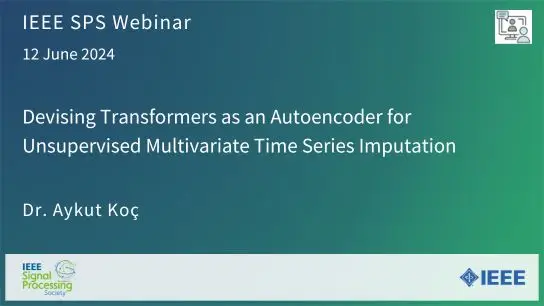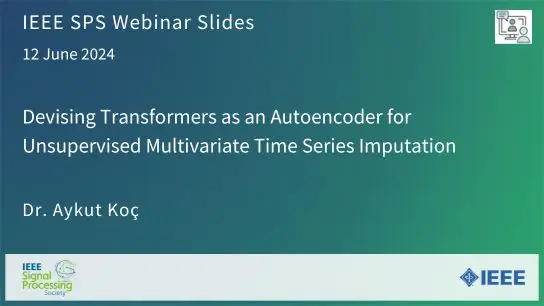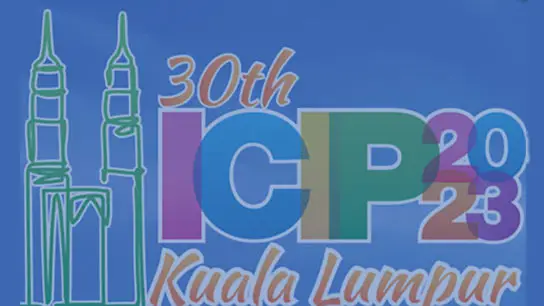KARASINGER: SCORE-FREE SINGING VOICE SYNTHESIS WITH VQ-VAE USING MEL-SPECTROGRAMS
Chien-Feng Liao, Jen-Yu Liu, Yi-Hsuan Yang
-
Members: FreeSPS
IEEE Members: $11.00
Non-members: $15.00Length: 00:10:06
13 May 2022
In this paper, we propose a novel neural network model called KaraSinger for a less-studied singing voice synthesis (SVS) task named score-free SVS, in which the prosody and melody are spontaneously decided by machine. KaraSinger comprises a vector-quantized variational autoencoder (VQ-VAE) that compresses the Mel-spectrograms of singing audio to sequences of discrete codes, and a language model (LM) that learns to predict the discrete codes given the corresponding lyrics. For the VQ-VAE part, we employ a Connectionist Temporal Classification (CTC) loss to encourage the discrete codes to carry phoneme-related information. For the LM part, we use location-sensitive attention for learning a robust alignment between the input phoneme sequence and the output discrete code. We keep the architecture of both the VQ-VAE and LM light-weight for fast training and inference speed. We validate the effectiveness of the proposed design choices using a proprietary collection of 550 English pop songs sung by multiple amateur singers. The result of a listening test shows that KaraSinger achieves high scores in intelligibility, musicality, and the overall quality.



